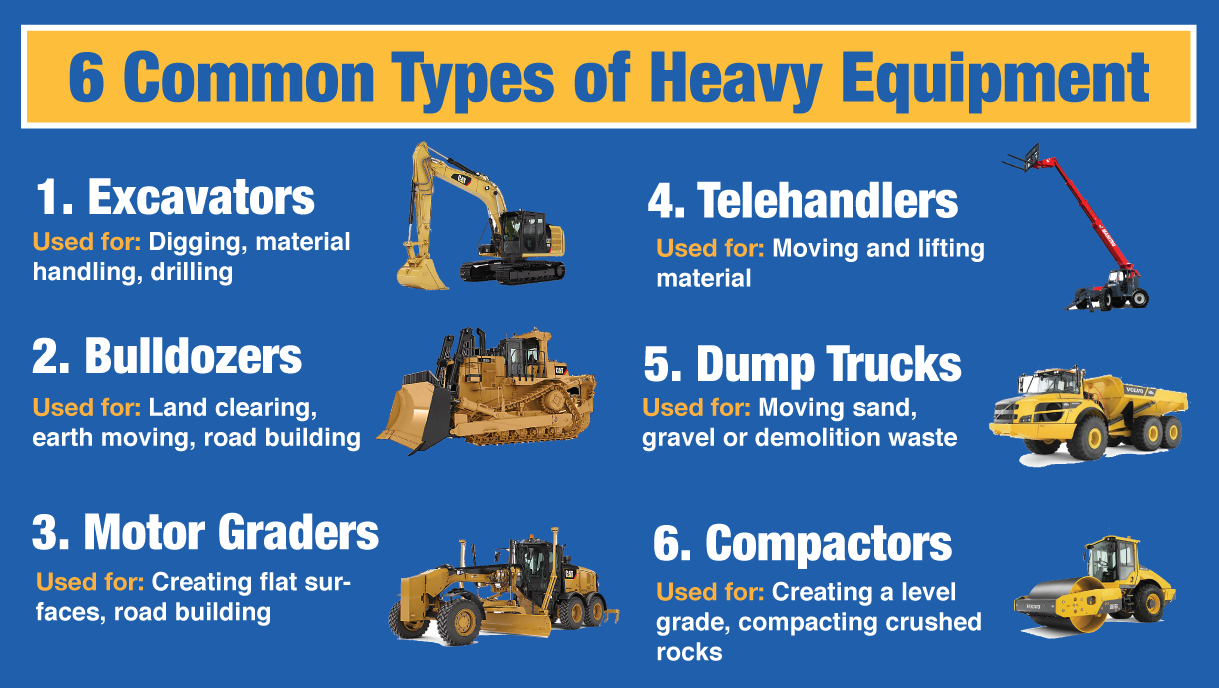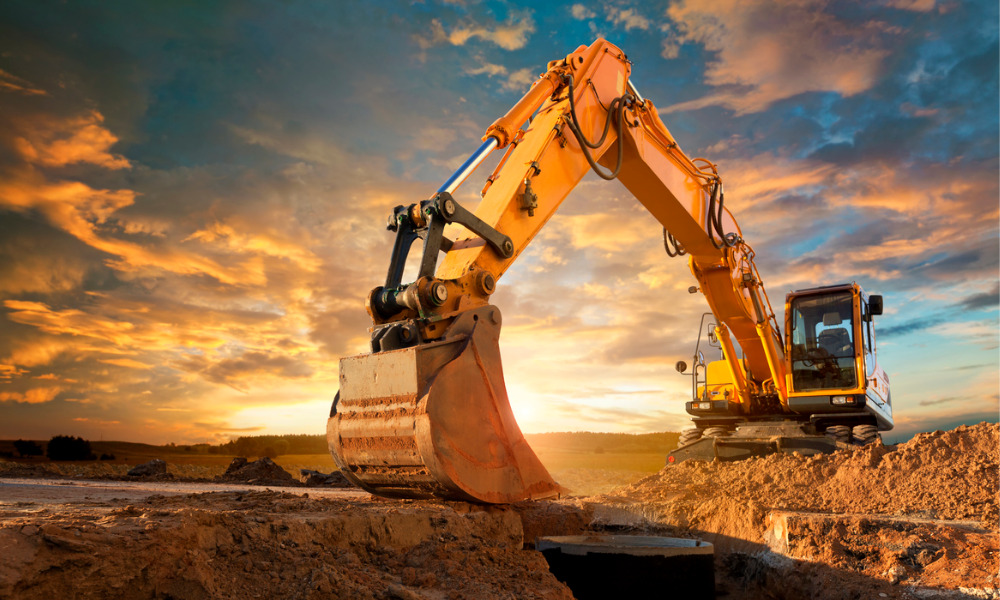Forklift Rental Services for Industrial and Commercial Use
Forklift Rental Services for Industrial and Commercial Use
Blog Article
Leasing Vs. Buying Construction Devices: Making the Right Option for Your Project
When beginning on a building job, among the essential decisions that project supervisors and stakeholders face is whether to lease or get construction devices. Both choices have their benefits and downsides, making the choice a crucial one in the project planning process. The decision depends upon different variables such as cost considerations, project duration, tools upkeep, scalability, versatility, and danger management. Each element plays an essential function in determining the most suitable path for the project's tools needs. mini excavator rental. Let's discover these aspects even more to understand just how they influence the decision-making process and ultimately the success of the task.
Cost Factors To Consider
When reviewing the financial aspect of renting out versus getting construction tools, the in advance expenses and long-lasting expenditures must be carefully taken into consideration. Renting devices typically calls for lower preliminary settlements compared to purchasing, making it an appealing choice for temporary projects or specialists with budget restraints. Leasing gets rid of the demand for huge capital outlays and decreases the monetary risk connected with tools ownership, such as maintenance and depreciation expenses. However, in the long run, consistently renting out tools can accumulate greater prices than buying, especially for extended jobs.
On the other hand, getting building equipment entails higher in advance prices however can result in long-term cost savings, specifically for lasting tasks or frequent users. Eventually, the decision in between renting and purchasing construction devices pivots on the project's period, frequency of usage, budget factors to consider, and long-term financial objectives.
Task Duration

On the other hand, for lasting projects or recurring construction work, acquiring tools could be the a lot more affordable choice. Getting equipment can bring about set you back financial savings in the future, particularly if the devices will be frequently utilized. Furthermore, possessing tools provides a feeling of control over its accessibility and permits personalization to fit specific task needs.

Tools Upkeep
Given the critical duty task period plays in determining the most cost-effective method in between renting and buying building and construction tools, the focus currently moves in the direction of examining the vital facet of tools upkeep. Proper upkeep is essential for ensuring the ideal performance and durability of construction tools. Renting equipment typically includes the advantage of having actually well-maintained machinery supplied by the rental firm. This can relieve the problem of maintenance tasks from the task owner or specialist, conserving effort and time. On the various other hand, having equipment requires an aggressive technique to maintenance to aerial lift rental avoid failures, make certain safety and security, and expand the tools's lifespan. Routine assessments, servicing, and timely repair work are required to maintain owned equipment in top functioning condition. Factor in upkeep prices when choosing in between purchasing and renting out, as ignoring maintenance can cause expensive repairs, downtime, and project hold-ups. Ultimately, a well-maintained building and construction tools fleet, whether leased or had, is important for the efficient and successful completion of construction tasks.
Adaptability and Scalability
In the realm of building and construction tools management, the aspect of versatility and scalability holds considerable value for job effectiveness and resource usage. Opting to rent building and construction equipment supplies a high level of flexibility as it permits for the fast adjustment of devices types and amounts based on the advancing requirements of a project.
Renting out construction tools offers the advantage of conveniently scaling operations up or down as project needs rise and fall. Specialists can promptly add or trade tools to match the project's changing demands without the restrictions of having properties that might end up being underutilized or outdated.
Risk Administration
Efficient threat management in construction devices operations is extremely important to ensuring task success and mitigating possible monetary losses. Construction projects naturally include different risks, such as devices breakdowns, accidents, and task delays, which can considerably impact the project timeline and budget plan. By carefully taking into consideration the dangers related to owning or renting building equipment, project supervisors can make educated decisions to reduce these possible risks.
Renting building and construction tools can provide a level of risk mitigation by moving the obligation of repair and maintenance to the rental company. This can lower the financial burden on the project proprietor in instance of unforeseen equipment failings (rental company near me). Additionally, leasing offers the flexibility to accessibility specific tools for particular task stages, decreasing the threat of having underutilized machinery
On the other hand, owning building and construction equipment offers a feeling of control over its usage and maintenance. Nevertheless, this also implies bearing the full duty for repairs, maintenance costs, and depreciation, raising the monetary threats connected with equipment possession. Mindful danger assessment and consideration of factors such as job period, tools utilization, and upkeep demands are critical in identifying one of the most ideal alternative for efficient danger management in building and construction tasks.
Final Thought
Finally, when choosing in between renting out and purchasing building and construction tools, it is very important to think about expense, project duration, tools upkeep, versatility, scalability, and threat management. Each variable plays a critical role in establishing the most appropriate alternative for the job available. By meticulously reviewing these aspects, project supervisors can make an educated choice that straightens with their budget, timeline, and general job goals.

Report this page